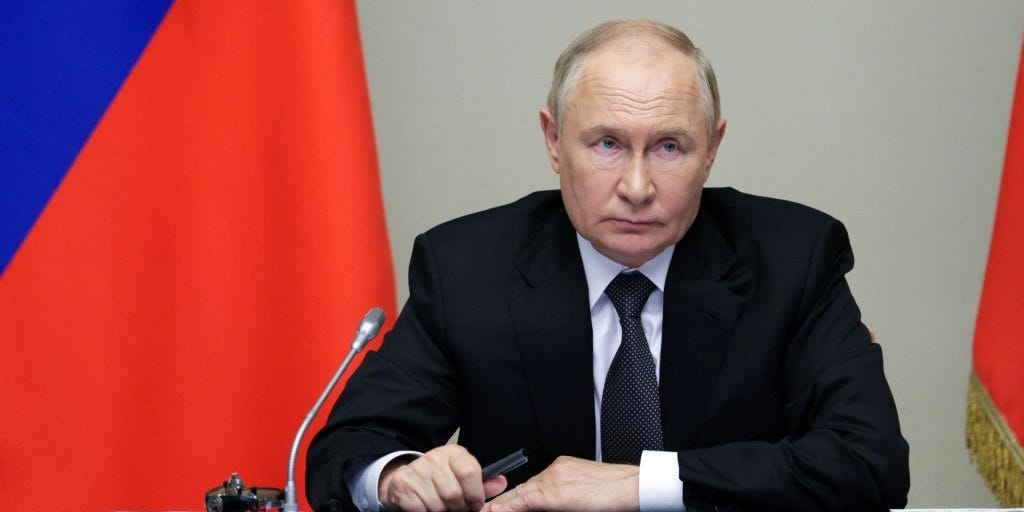The impact of the West’s sanctions just seems to be getting worse and worse for Russia.
Now, 98% of Chinese banks — even small regional ones — are refusing to accept direct Chinese payment transfers from Russia, Alexey Razumovsky, the commercial director of the payments company Impaya Rus, told the pro-Kremlin media outlet Izvestia.
Such issues appear to have intensified over the past three weeks, as smaller Chinese financial companies were still processing Russian payments in May and June, Izvestia reported.
Last month, the Russian outlet Kommersant reported that about 80% of bank transfers made in the Chinese yuan were bouncing back with no explanation after being stalled for weeks while banks decided whether they could transact.
Razumovsky told Izvestia the payment challenges with Chinese banks could contribute to supply-chain difficulties and inflation in Russia.



The goal of a banking system is to move money (possibly a lot) quickly, without physical exchange, for the maximum number of goods and services. States also want to control a currency for their fiscal policy, and they want to be able to go into debt.
Established crypto fails the maximum number, fiscal policy and debt criteria. As soon as you introduce mandatory physical exchange via previous metals, what remains?
And yes; Monero theoretically has an infinite amount of coins. However, it has reached tail emission since about two years, meaning the block reward is 0.6XMR every two minutes, which currently equates to about $65.000 per day. However, mining requires CPUs, which would need to be acquired first.
All in all, the current numbers don’t make it a feasible solution.